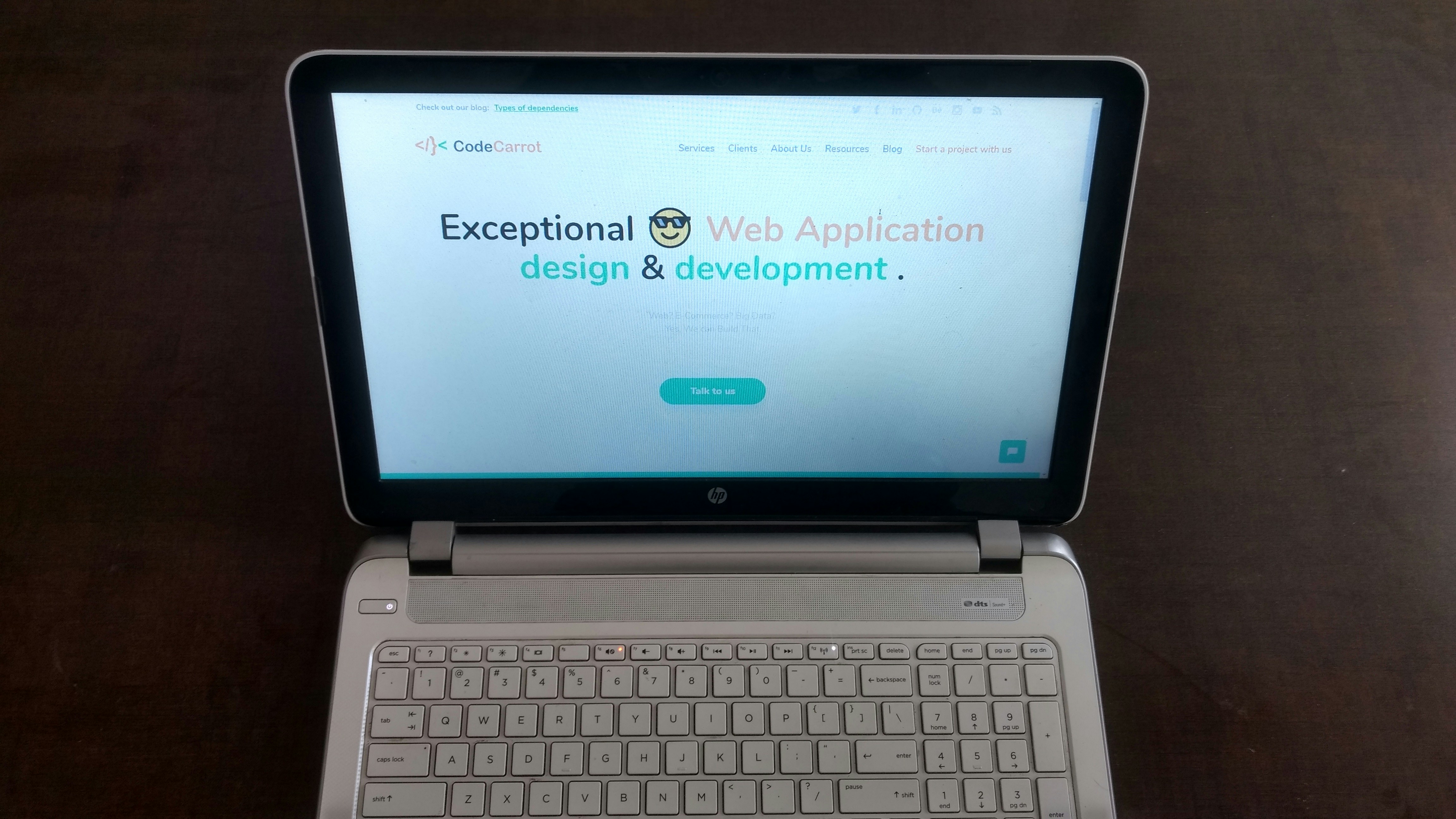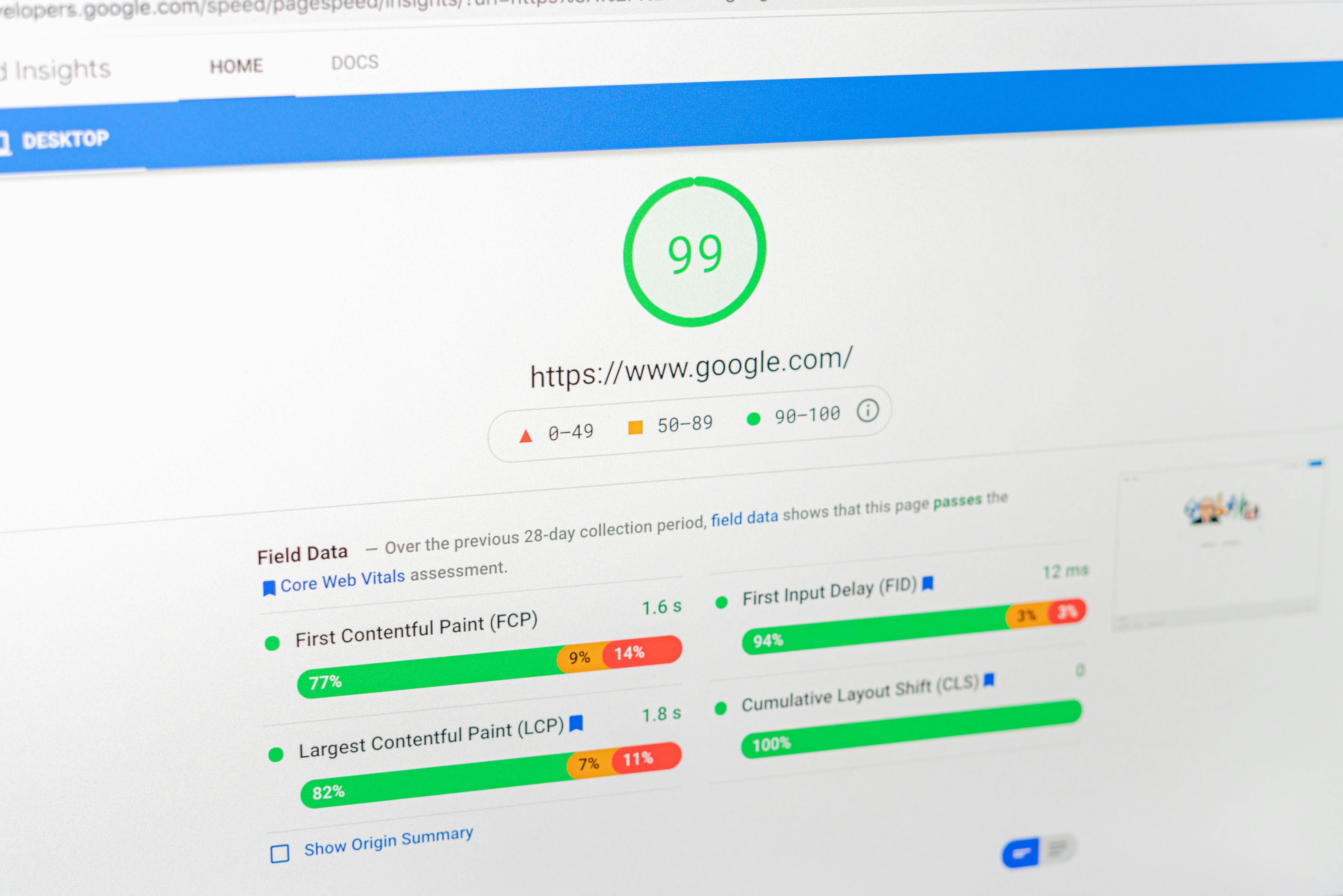What is Content Management Systems
A Content Management System (CMS) is a software application that allows users to create, manage, and modify content on a website without requiring specialized technical knowledge. For individuals and businesses alike, a CMS serves as an essential tool in the digital landscape, streamlining the website development process while enabling ongoing maintenance and updates. The right CMS can significantly impact a website’s effectiveness, accessibility, and overall user experience. Therefore, selecting a CMS that aligns with your specific goals is critical, whether your aim is to establish an e-commerce platform, a personal blog, or an online portfolio.
With the rapid evolution of technology, the CMS market has seen the rise of various platforms, each offering distinct features and capabilities. In 2025, four major contenders dominate the landscape: WordPress, Squarespace, Wix, and Shopify. WordPress is renowned for its flexibility and extensive library of plugins, making it an attractive choice for users seeking customization and versatility. Conversely, Squarespace provides an all-in-one solution that emphasizes beautifully designed templates, catering to users who prioritize aesthetics alongside functionality.
Wix has gained popularity for its intuitive drag-and-drop interface, making it accessible for beginners looking to create a website quickly without any coding skills. Lastly, Shopify stands out in the e-commerce arena, offering robust tools and integrations specifically designed for online stores. Each CMS platform has its strengths and weaknesses, and understanding these nuances will be critical for making an informed decision based on your unique needs and objectives.
Overview of the Four CMS Platforms
When considering the ideal content management system (CMS) for your website in 2025, it is crucial to evaluate the strengths and features of the leading platforms: WordPress, Squarespace, Wix, and Shopify. Each of these platforms caters to different needs and preferences, making them worthwhile options for various types of users.
WordPress.org stands out for its open-source architecture, enabling users to create highly customized websites. This flexibility is a significant advantage for businesses, bloggers, and developers, as they can tailor their sites to meet specific requirements. With thousands of themes and plugins available, WordPress can be adapted for a wide range of applications—ranging from simple blogs to complex e-commerce sites. The robust community support also means that help is readily available, facilitating knowledge sharing and problem resolution.
Squarespace, on the other hand, is designed as an all-in-one solution, particularly appealing to creatives and those prioritizing aesthetics. Its beautifully crafted templates allow users to create visually striking websites without extensive technical knowledge. The platform’s ease of use, coupled with integrated hosting and e-commerce functionalities, makes it an attractive option for artists, photographers, and small businesses looking to establish a professional online presence effortlessly.
Wix is recognized for its user-friendly drag-and-drop interface, which simplifies the website-building process for users of all skill levels. It also provides decent flexibility, allowing users to create a variety of site types, from portfolios to online shops. Its variety of design options and add-ons helps users tailor their experience while maintaining an intuitive setup process.
Shopify rounds out this list with its e-commerce-first approach, empowering users to launch and manage their online stores efficiently. Equipped with built-in sales tools and features tailored for e-commerce, Shopify provides everything businesses need to sell products online. This dedicated focus makes it an excellent choice for those who are serious about selling, providing a streamlined experience for both business owners and shoppers alike.
Detailed Comparison of Features
When it comes to selecting the right content management system (CMS) for your website, a thorough examination of key features can provide valuable insights. Below, we present a detailed comparison of four popular CMS platforms: WordPress, Squarespace, Wix, and Shopify. Each platform offers unique strengths and weaknesses, tailored to varying user needs. The table below encapsulates critical aspects such as ease of use, customization options, design flexibility, e-commerce capabilities, and available support and resources.
| Feature | WordPress | Squarespace | Wix | Shopify |
|---|---|---|---|---|
| Ease of Use | Moderate learning curve with extensive documentation. | User-friendly interface with drag-and-drop features. | Highly intuitive; suitable for beginners. | Relatively simple setup focused on e-commerce. |
| Customization Options | Highly customizable with thousands of plugins and themes. | Limited customization; templates are visually appealing but somewhat rigid. | Flexible customization with a vast library of templates. | Extensive e-commerce integrations; customization more limited. |
| Design Flexibility | Endless flexibility with coding options. | Beautiful, coherent designs with less flexibility. | Varied design templates suited for different industries. | Focused design aspects primarily geared towards online stores. |
| E-commerce Capabilities | Can be set up for e-commerce via plugins like WooCommerce. | Built-in e-commerce features, but basic compared to others. | Basic e-commerce functionalities suitable for small businesses. | Robust e-commerce platform with specialized tools for selling. |
| Support and Resources | Community support with extensive forums and tutorials. | 24/7 support and a wealth of resources. | Decent support but limited compared to larger platforms. | Comprehensive support tailored for e-commerce issues. |
This comparison elucidates how WordPress excels in customization and flexibility, while Squarespace stands out for its sleek, user-friendly design. Wix appeals to those seeking ease of use, and Shopify is the clear frontrunner for e-commerce functionalities. With this detailed analysis, users can make informed decisions based on their specific requirements and goals.
WordPress
WordPress is renowned for its flexibility and scalability, making it an excellent choice for those who require customization. With a vast library of plugins and themes, users can create virtually any type of website, from blogs to e-commerce stores. However, this extensive flexibility comes with a steeper learning curve, particularly for those who lack technical expertise. Users must also manage updates and security, which can pose challenges for some.
Squarespace
Squarespace is user-friendly, particularly for designers and small business owners. Its elegant templates and drag-and-drop interface allow for easy website creation without extensive coding knowledge. The platform’s all-in-one approach includes hosting and domain registration, streamlining the process for users. Nevertheless, Squarespace may not offer as much customization as WordPress, limiting flexibility for some advanced users. Moreover, its e-commerce capabilities, while robust, can have transaction fees that may deter small merchants.
Wix
Wix stands out for its intuitive interface and the ability to create visually appealing sites quickly. It provides a variety of templates and an easy-to-use editor, attracting users with limited experience in web development. However, Wix’s limitations in terms of SEO optimization and data portability may be a concern for those seeking to expand or migrate their sites in the future. Still, it’s an excellent solution for personal projects and small businesses looking for a quick online presence.
Shopify
Shopify is a leading platform for e-commerce, tailored for entrepreneurs who prioritize online selling capabilities. Its extensive range of e-commerce features, from payment processing to inventory management, makes it an ideal choice for dedicated online stores. However, businesses solely creating content or portfolios may find Shopify’s focus on e-commerce to be excessive and restrictive. Its monthly fees can escalate depending on the applications needed, which may not align with all users’ budgetary constraints.
Best Use Cases
Considering the strengths and weaknesses of each CMS, the ideal use cases can be delineated. WordPress is best suited for content-rich sites or those requiring a custom backend. Squarespace and Wix are optimal for small businesses or personal websites seeking aesthetic appeal and minimal setup time. Shopify should be the go-to for e-commerce ventures focused on sales and product management. By aligning the specific features and limitations of each platform with personal or business goals, users can select the CMS that best supports their needs.


